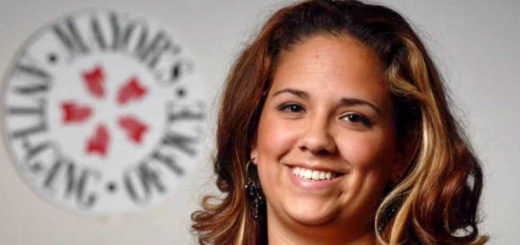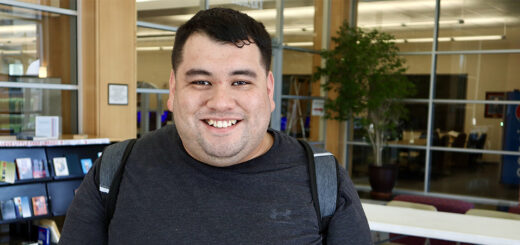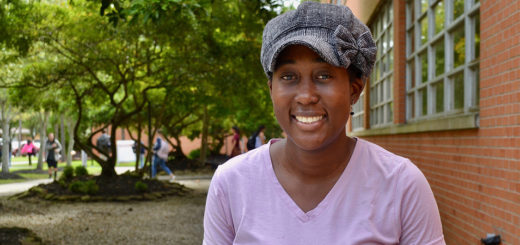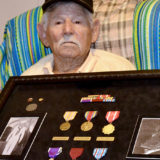‘When I look at someone, I don’t see color’
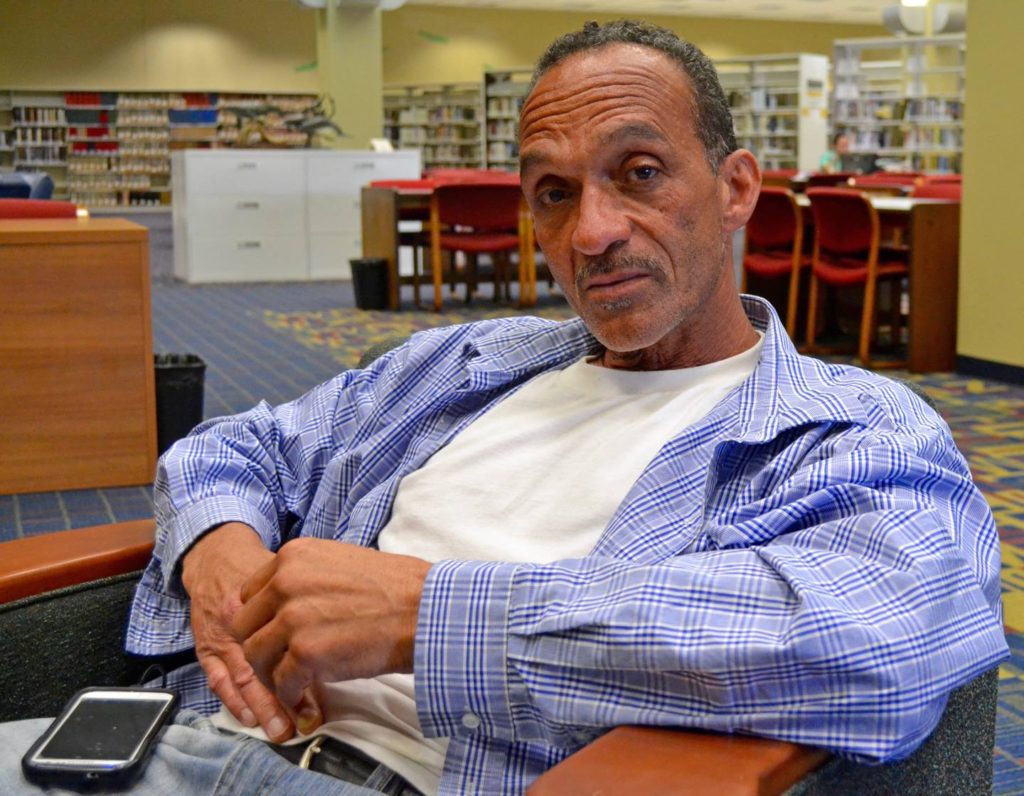
William Lewis, 54, came to Baytown in 1980 to play basketball at Lee College and never left.
“I was born in the South, in Kentucky. Dixieland all the way. My mother was white. My father was black. I can remember being at a grocery store with my mother and hearing other white ladies say, ‘What’s she doing with that little colored boy?’ Or I could be somewhere with my dad, and other black men would say that he must have a white woman because my skin was so light.
“I didn’t really think that much about it until I got into junior high and began playing basketball. My parents never went to the games together.
“I also remember my older sisters taking us to the walk-in movie theater. We would purchase tickets at the booth outside, but we couldn’t walk through the front door. Blacks had to walk down the alley and go in the side and up the steps.
“When I was in high school, there were only three black males and two black females in my class. How do you go to prom when you can’t take a white girl?
“So I had to ask myself, if it’s that hard for me at 16, 17, 18 years old, what did my parents go through 20 years earlier? Before they passed, I asked them about it several times. They just said, ‘We made it the best way we knew how.’ To me, that wasn’t answer enough. There had to be more to it than that.
“All I know is that when I look at someone, I don’t see color. That’s because of how my parents raised me. That’s something I tried to pass along to my kids.”
— William Lewis

